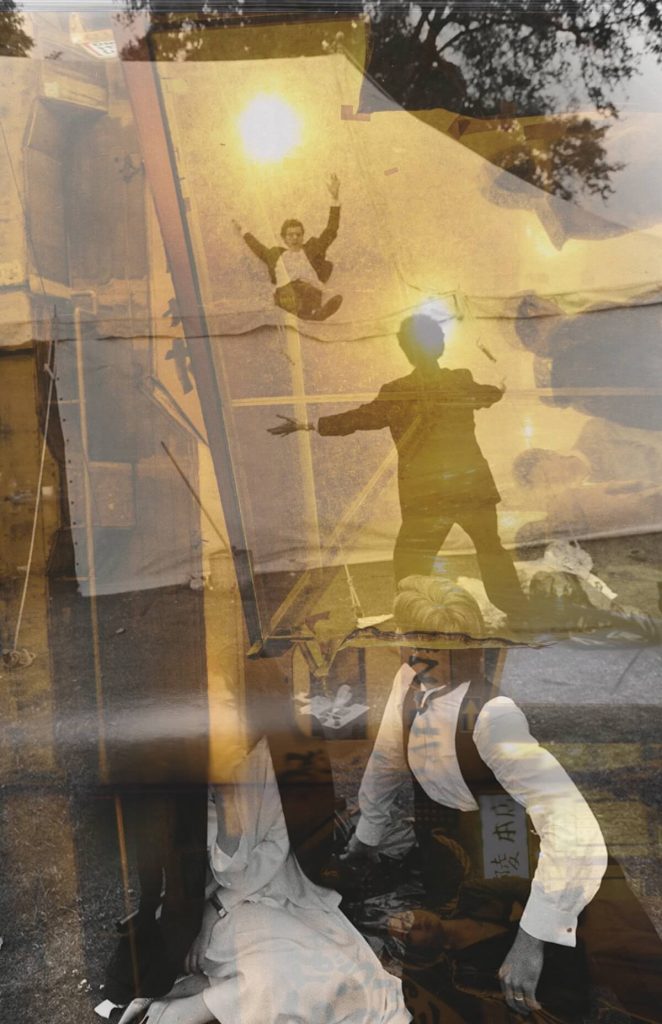After the collapse of the Soviet Union, there was a distinct need for the achievements of liberalism. The parties that embraced the rights, freedoms, and the values of a market economy enjoyed more significant voter support, while the non-liberal parties viewed some liberalized basic values as self-evident.
Download full article:
GÁBOR HORN THERE WILL BE A LIBERAL EAST-CENTRAL EUROPE AGAIN!
Living in Prague, Berlin or Budapest in 1989 was liberating and intoxicating. Neither my generation, nor the one before us believed that the Soviet soldiers would leave the country and that the communist nightmare would come to an end. Just like for Budapest, called at that time the “Happiest Barrack” in the Soviet Bloc, the same disbelief was felt in Honecker’s DDR or Ceausescu’s Romania, a country suffering from even greater atrocities than the rest of the region. In all these states, even if to different degrees, communism made freedom and the hope of a western life impossible.
On the one hand, the popularity of basic liberal values in the post-communist states is related to the fact that most countries of the region actually had liberal opposition (except the Polish movements, which had a rather complex identity) so the voters also viewed them as the strongest anti-communist forces.
On the other hand, there was an unwavering consensus about basic liberal values – except the extremist parties, as well as regards the fact that belonging to the European Union is gratifying and valuable with all its opportunities and obligations.
All of this ended with the worldwide economic crisis in 2008, in the aftermath of which the popularity of far-right parties rose and certain central-European conservative parties radicalized.
Although in different national parliaments and – to a lesser degree – in Brussels, illiberal politics have a scenic appeal, social-psychological researches prove that in moral questions central-European citizens decide based on liberal values. Without question, among the young population, the desire of freedom is the guiding principle.
At the end of the 1980s, the unbearability of the communist system became clear in every country of the Eastern Bloc. The helpless indulgence of the Soviet Union strengthened this phenomenon – for example, in certain countries (Czechoslovakia, Hungary, East Germany, Poland), the Soviet soldiers were strictly prohibited to intervene.
A few years earlier, this would have been unimaginable. The sudden freedom was unexpected to those who did not live among active oppositionists or those who were proficient in international politics. The accelerating disintegration of state socialism was smooth to varying degrees in different countries.
In Poland, in the summer of 1988, Lech Wałęsa, the founder of Solidarity, was invited to negotiate with the communist leaders, which was followed by the inauguration of the first anti-communist prime ministership of Tadeusz Mazowiecki in the spring of 1989. While this process was not free of political or street conflict, it showed conspicuous differences compared to the 1970s.
At the same time, in Romania, dictator Nicolae Ceaușescu won yet another election and continued on his path of the exploitation of police forces – including the arrest of László Tőkés, a Hungarian ethnic dissident pastor. The communist regime tried to deaden the rebellion (which started in Timisoara) at first to obey Mr. Ceaușescu’s commands. Then, on the sixth day of the demonstration, the police forces stopped following orders after the suicide of the defense minister, Vasile Milea. Eventually, Nicolae Ceaușescu and his wife were executed.
In Bulgaria, Czechoslovakia, Hungary, and the German Democratic Republic, the one-party system degraded gradually, and more or less without violence. While the formation of a new political system needed many closed-door negotiations, the general public remembers the change of the regime as a symbolic event, which embodied the desire of freedom.



